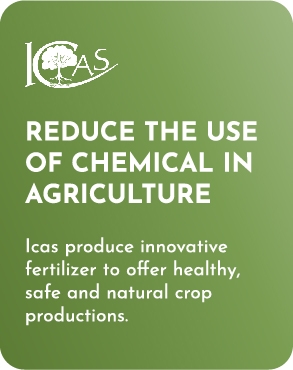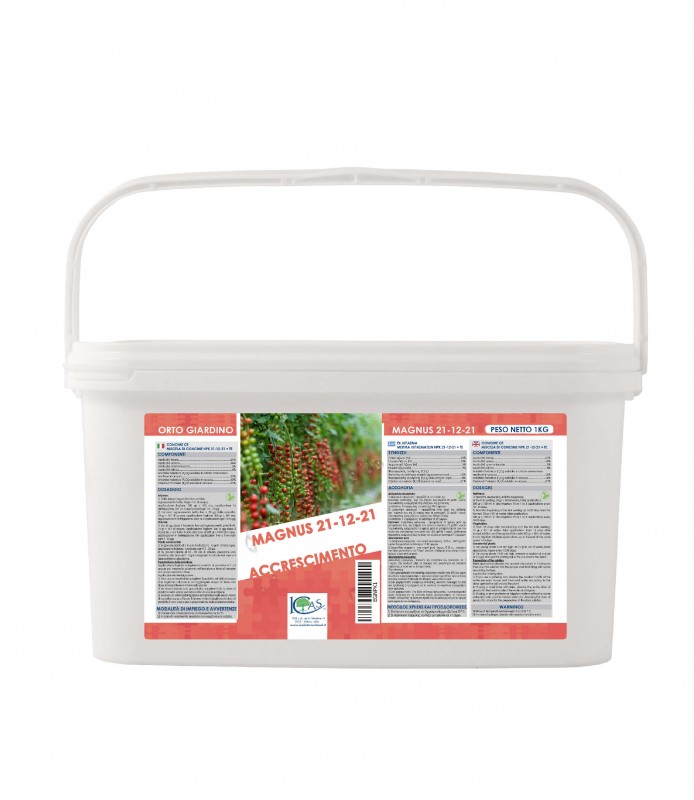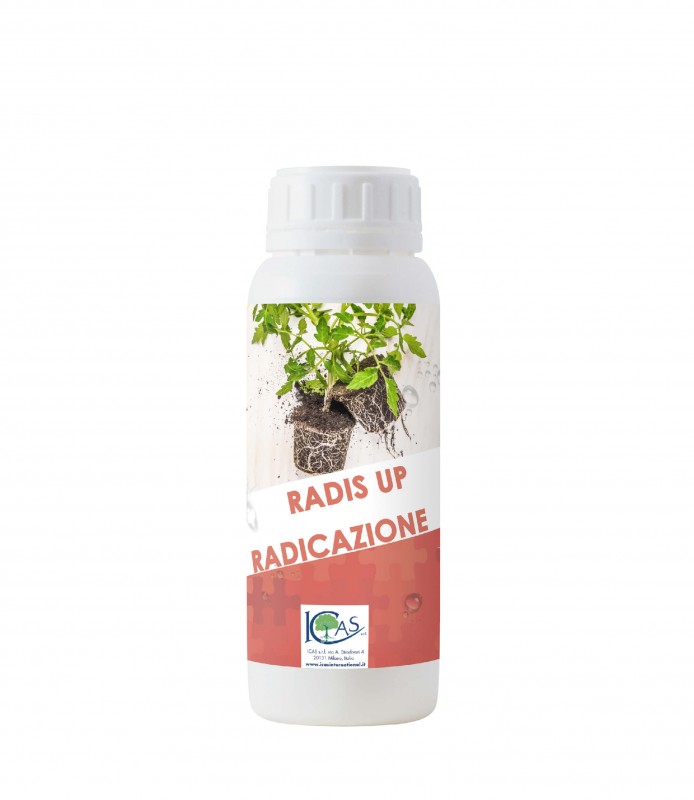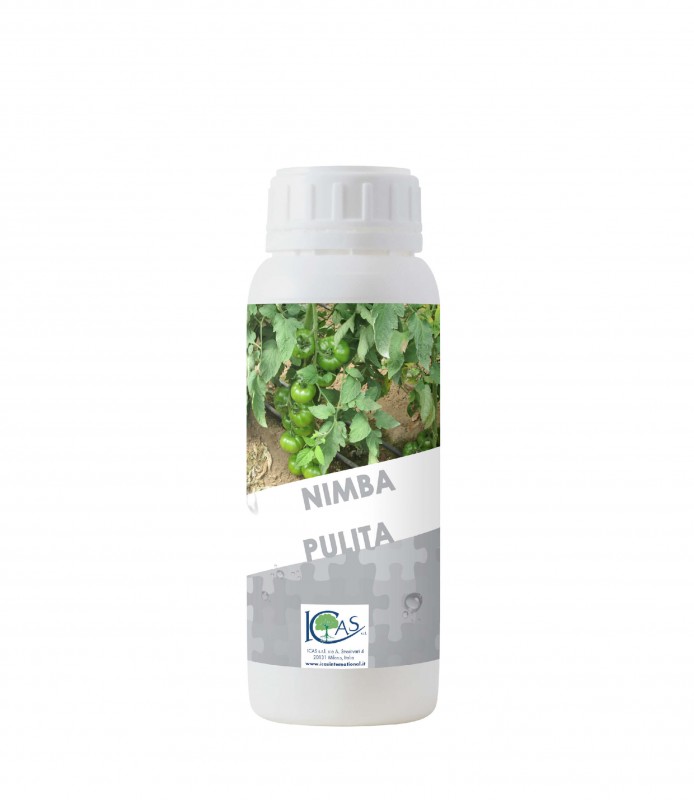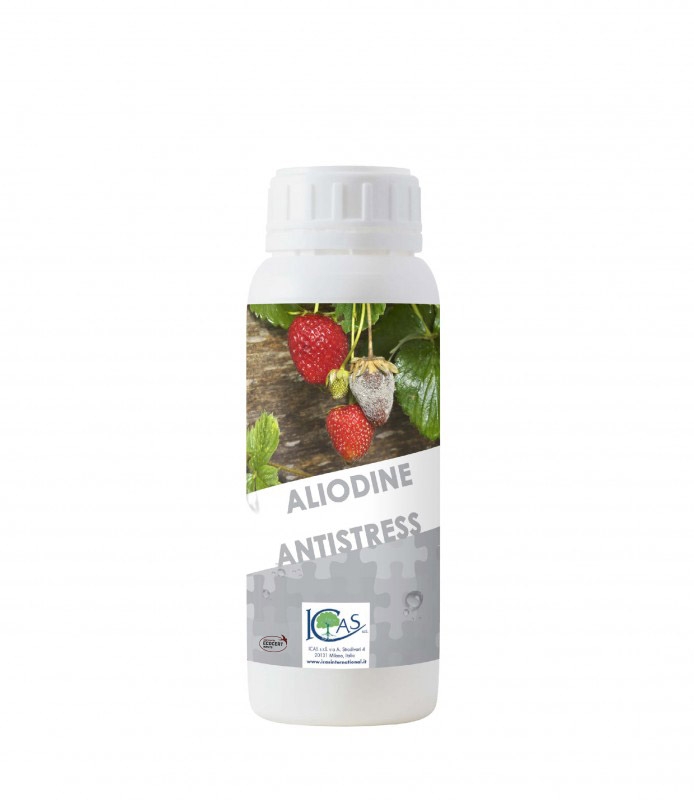May in our gardens
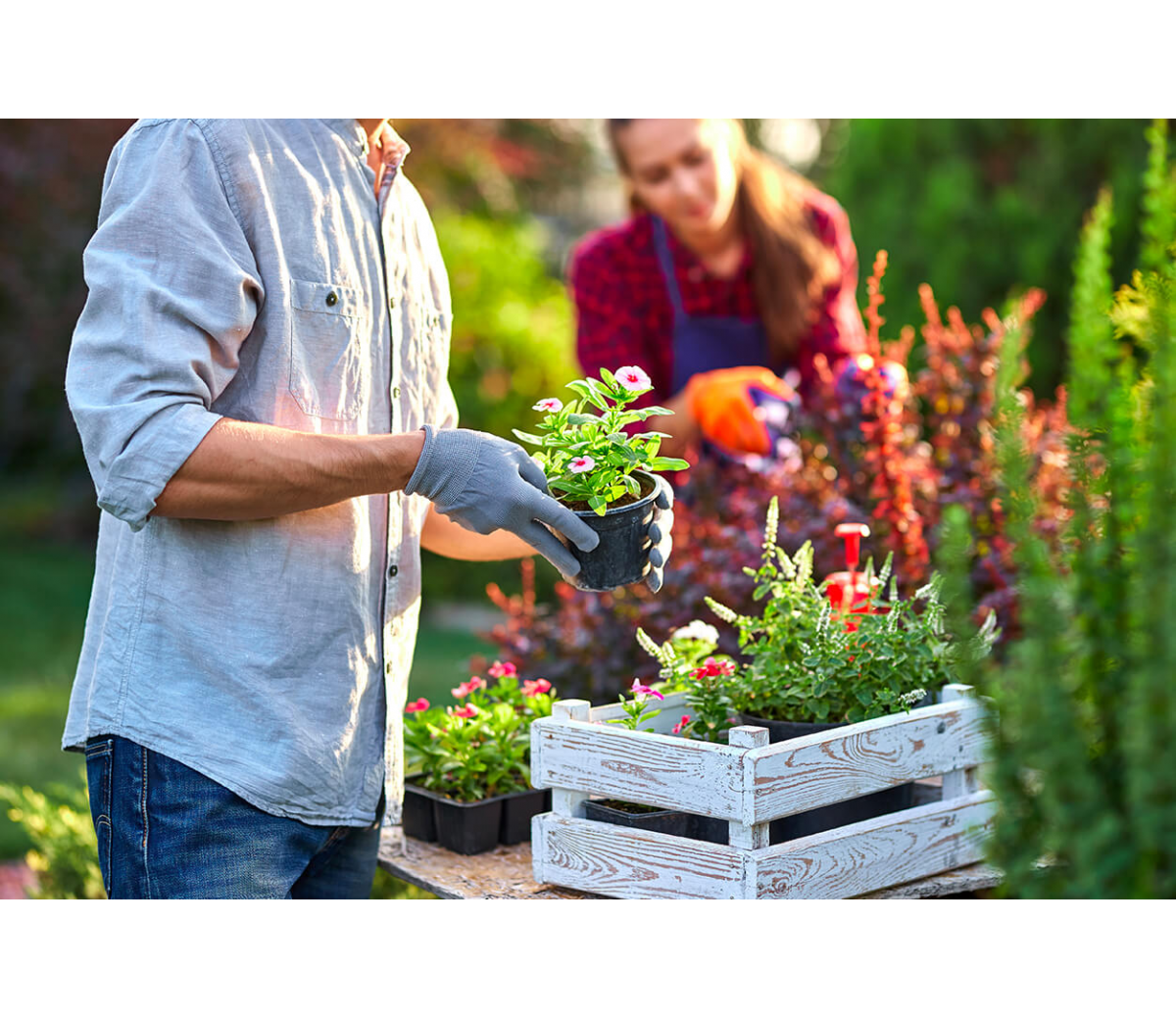
The month of May marks the resumption of cultivation of all types of vegetables, even the most demanding in terms of temperatures.
We are now in late spring. Temperatures rise and it is possible to transplant many vegetables, many of which are directly planted in the vegetable garden. Furthermore, it is possible to transplant the seedlings obtained from the seedbeds treated between March and April; just as we can take care of small new seedbeds outdoors, where we will prepare the seedlings that will go to the garden in July or August, for example by sowing cabbages.
The climate is ideal for transplanting peppers and hot peppers, eggplant, watermelon and melon, pumpkin and zucchini, cucumbers, lettuce. Among the aromatic herbs we can start the sowing of basil and parsley.
It is advisable to support the plants with balanced NPK fertilization especially for seedlings of tomato, pepper and eggplant and cucurbits such as pumpkins, zucchini, melons, watermelons, and cucumbers. Icas recommends Magnus 21-12-21, complete NPK fertilizer, added with amino acids and algae extracts that naturally stimulate the plant's metabolism.
In this period of the season, the night temperatures are still low, and the young seedlings must be supported to obtain a good rooting; for these reasons it is recommended to use bio-stimulating products, such as our Radis UP, a product based on algae extract, rich in natural cytokines. It promotes the development of the root system and stimulates the biological activity of the plant.
The gardens are now showing their most beautiful colours, but we are still in time for new transplants.
Before planting new plants, we must work the soil well, and add organic fertilizer. The seedlings will have to be buried up to the level at which the potted earth was.
What plants can we plant? Almost all flower species; for roses, however, you must be careful and not waste time because flowering usually occurs during this month. In May, in fact, all the operations to be carried out in the rose garden are aimed at making the most of the flowering. Never leave the roses without water, be regular and move the surface of the soil around the plants. In general, if we have not already done so last month, it is good to provide our plants with good fertilization, burying organic fertilizer at the foot of trees and shrubs, or slow-release granular fertilizer.
The plant health
The much-desired increase in temperatures could lead to the presence of some parasites. To limit them, Icas recommends the application of the products Nimba (100% neem oil, emulsified in water) and Soap (substance of natural origin that improves the resistance of plants to biotic and abiotic stresses).
Furthermore, the climatic conditions of this period can lead to the onset of numerous fungal diseases. If we notice symptoms of scab, alternaria, peach blister or monilia, powdery mildew or rust, Icas recommend promptly treatments with the product Aliodine (product based on red algae, increases the resistance of the plant affected by stress).






